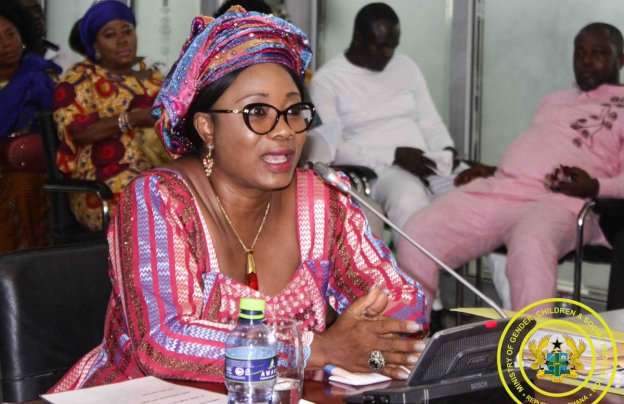After years of advocacy in child online protection, it has become pretty obvious that a lot of people do not see its relevance in child well-being. It has also become so clear that adults in general are ignoring the consequences and the downsides actions and innovations by them have on children and young people. It is sad to note that among these players are also parents, policy makers, nannies, educators, private sector actors, development workers, community leaders, etc who think among other things that the issue is just being overrated.
The question is; who suffers if a child gives the parent’s contact details, credit card information among others to an unknown person who might be a criminal? Who does the back stop with when they (children) click on a malware infested link or share content of themselves which they should not share and it goes to affect their reputation in future? These and many more are the reasons why as a field worker and one who has constant interaction with these children, will boldly allude to the fact that online safety is THE CHILD PROTECTION ISSUE OF OUR TIME.
This piece will focus on the Helpline of Hope call centre established by the Ministry of Gender, children and Social protection (whilst it might also serve as a benchmark for similar initiatives set up to provide support to abused children ). According to the Sector Minister, the helpline forms part of the Single Window Citizens System to receive complaints and redirect them to the appropriate quarters for the needed attention on a time bound of 24/7 basis with multilingual customer support. It has been set up to receive complaints from aggrieved citizens for proper redress at all times; these include child abuse, rape, defilement, forced marriage, female genital mutilation, child labour, assault and the likes. Find details here
Why can’t we work at it once and for all?
One can count a number of actions and initiatives put in place by government agencies and institutions as well as NGOs/CSOs to protect, prevent and address issues of violence against children both online and offline in Ghana. The question we keep asking ourselves here at J Initiative (JI) is; do these actions represent the political will we wish to have? JI’s assessment of the child protection helpline (The Helpline of Hope) points to the fact that the set up does not have what it takes to fight the real cause of abuse of children and young people nor the victims of other forms of abuse. What JI found:
What JI found:
- The problem is that when you get through to the call centre thus: 0800800800, the language option is played for you to choose preferred language which leads nowhere after you’ve selected a language. One would have expected that if the other languages (options 1-5) are not working, the victim should at least have someone attending to the call to re-direct.
- The Helpline of Hope does not work on weekends because for the two consecutive weekends that JI have called, the numbers were switched off.
- The Helpline of Hope does not work after official working hours.
- J Initiative is a child and family focused education non-governmental, non-religious organization working to promote the welfare of children and young people as well as families.
- J Initiative is the first non-governmental organization to start the call to government and other stakeholders on the need for serious action in protecting the digital Rights of children and young people since 2013.
- J Initiative works with other stakeholders to promote child online safety and this release forms part of the monthly update for 2018.













